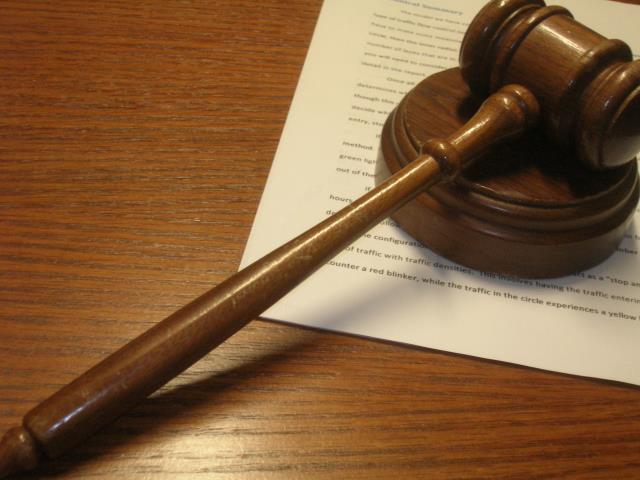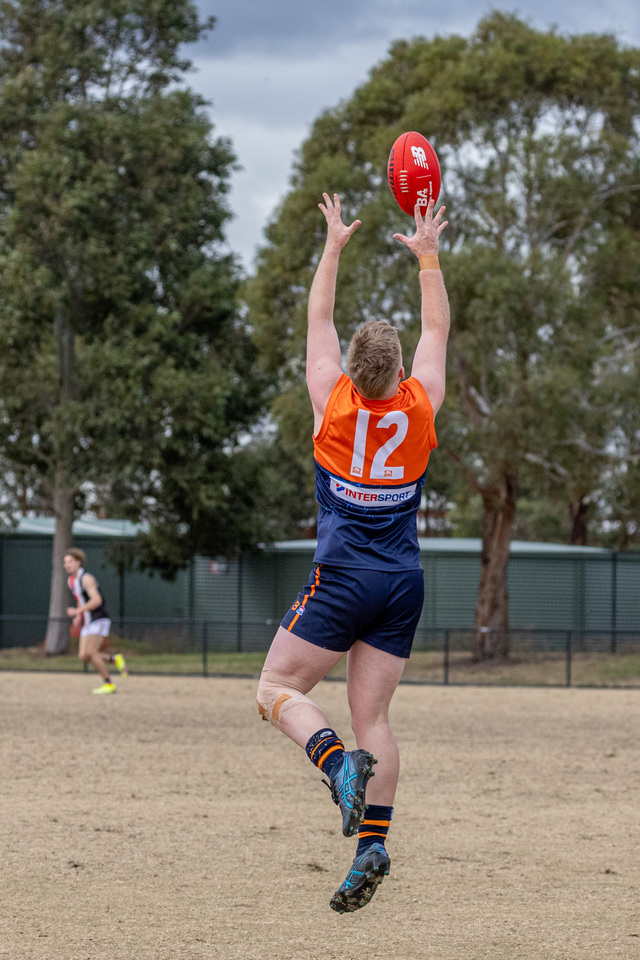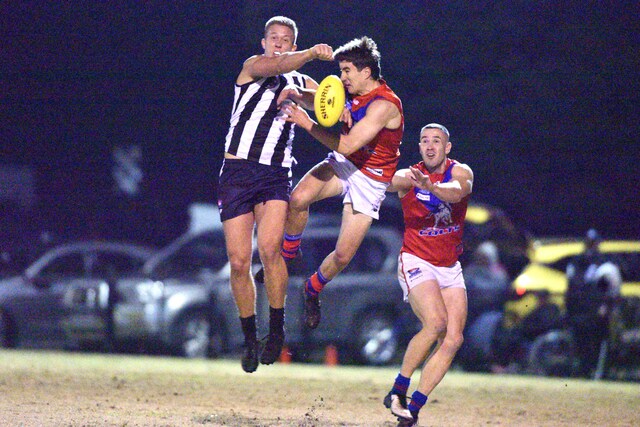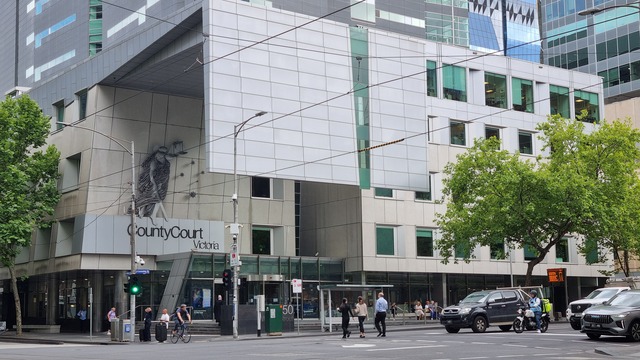An Endeavour Hills man may lose ownership of at least one of his three dogs, after a VCAT appeal upheld Casey Council’s dangerous dog ruling against them.
Casey Council assigned a dangerous dog ruling over three Bull Arab-Staghound cross dogs that attacked a two-year-old cavoodle named Zeus and injured his owner in 2020.
The cross dogs’ owner Mr Z Georgiou filed an appeal with the Victorian Civil and Administrative Tribunal (VCAT).
In the 10 June ruling, VCAT Senior Member J Billings said he considered it to be more likely than not that the dogs will repeat the attack if the dangerous dog measures were not in place.
Mr Georgiou was not present on the day of the attack on 22 October 2020, when his partner at the time let the dogs out of the rear part of property against Mr Georgiou’s wishes, leading them to escape through a faulty catch on the front screen door.
The dog’s then chased after Zeus, who was being walked by his owner on the footpath, with one dog biting the cavoodle’s head while the other two dogs bit his back legs.
Zeus was left with puncture wounds to his neck and back which were later operated on by a veterinarian.
His owner was also injured in the attack when he tried to free Zeus from the Bull Arab-Staghounds’ mouths, receiving sutures for lacerations to his hand and opposite forearm.
“[Mr Georgiou] says that there has never been an incident like it before, and that there could never be again,” Mr Billings said.
“Wherever he lives, Mr Georgiou told me that he would avoid problems in future by staying home with the dogs and not having visitors.
“I do not consider that it is realistic for Mr Georgiou to propose living in this way indefinitely.
“I do not consider, either, that this would adequately prevent future attacks.”
Mr Billings said it is a possibility that there will be a new owner of at least one of the dogs, given Mr Georgiou does not have the excess animal permit needed to house more than two dogs at the property.
If Mr Georgiou were now to apply for an excess animal permit it is unlikely that the Council would grant him one, Mr Billings said.
“For the time being, nothing can be known about any new owner, or about the way in which any new owner would house any dog(s) that Mr Georgiou did not keep,” he reasoned.
Despite being bred and trained for pig hunting, Mr Georgiou argued the dogs had never been taken pig hunting and were “human friendly” and “loveable”, Mr Billings said.
Mr Georgiou also argued the dogs’ provide him with emotional support, after he was victim to a home invasion several years ago which left him with a mental health condition, Mr Billings told the tribunal.
“Whatever the dogs’ actual training, and whatever their actual experience, the dogs were bred for pig hunting and they appear to have behaved towards Zeus as dogs bred and trained for pig hunting would be expected to behave towards pigs,” Mr Billings said.
Following the attack Mr Georgiou’s partner was charged with offences including being in apparent control of dogs that bit an animal causing serious injury.
She pleaded guilty before the Magistrate’s Court but was not convicted, instead being ordered to pay compensation of nearly $7,000 which Mr Georgiou has contributed to, according to Mr Billings.
The dangerous dog ruling will impose a number of restrictions on the three dogs, including keeping them in a prescribed enclosure (with a concrete floor among other features) when the dog is not inside the owner’s house, to erect warning signs, to fit a prescribed collar and muzzle and to use a leash or other restraint.
Mr Georgiou’s dogs were seized by council officers shortly after the 2020 attack and remain impounded.







